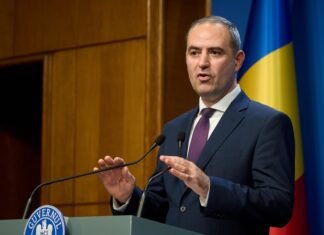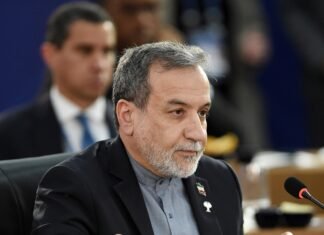The Council on American-Islamic Relations (CAIR) has raised serious concerns regarding the detention of an individual named Hamdi, asserting that his arrest is a direct retaliation for his critical stance toward Israel. CAIR views this action as not only an infringement on his freedoms but also as a broader issue tied to the rights of individuals to express dissenting opinions without fear of governmental backlash.
According to an official from the Trump administration, Hamdi is facing imminent deportation, further complicating his situation. CAIR has been vocally advocating for his release, emphasizing that his only „offense” appears to be his outspoken critique of a foreign government. This raises significant questions about the limits of free speech, especially as it pertains to U.S. policies regarding Israel and Palestine.
The spokesperson for the Department of Homeland Security confirmed that Hamdi’s visa has been revoked and that he is currently in the custody of U.S. Immigration and Customs Enforcement (ICE). This revelation has amplified concerns among civil rights groups, who worry that the government is increasingly targeting individuals based on their political beliefs, particularly those who advocate for Palestinian rights.
Hamdi’s case is not an isolated incident; it fits into a troubling pattern where immigrants and activists have been detained or deported due to their pro-Palestinian views. Such actions bring to light the ongoing debate about freedom of expression in the United States, especially regarding contentious political issues. Critics argue that these measures signify a chilling effect on speech, deterring individuals from voicing their opinions freely.
The backdrop of this incident encompasses a larger narrative about the treatment of dissenters in America, particularly those who find themselves in conflict with government policies. The intersection of immigration enforcement and political expression raises critical ethical questions about the balance between national security and individual rights.
Moreover, the implications of Hamdi’s case extend beyond his personal circumstances. They touch on broader societal issues involving how the U.S. government engages with dissent and the limits imposed on those who challenge the status quo. As CAIR and other organizations rally to support Hamdi, they highlight the urgent need for more robust protections for free speech, particularly for marginalized communities whose voices are often suppressed.
In the current political climate, where discussions about immigration and national identity are particularly polarizing, incidents like Hamdi’s serve as crucial touchpoints for advocacy groups. They remind us that the fundamental principle of free expression is not merely a legal construct but a cornerstone of democratic values.
As this situation unfolds, it will be imperative to monitor the responses from both government authorities and the public. Will there be a stronger push for policy reforms that protect individuals from retaliatory actions based on their speech? Or will this case become another example of the systemic challenges faced by those who dare to voice dissent?
Ultimately, the repercussions of Hamdi’s detention could resonate far beyond his individual plight, affecting how America navigates the complexities of free speech, immigration, and foreign policy in an increasingly polarized society.






